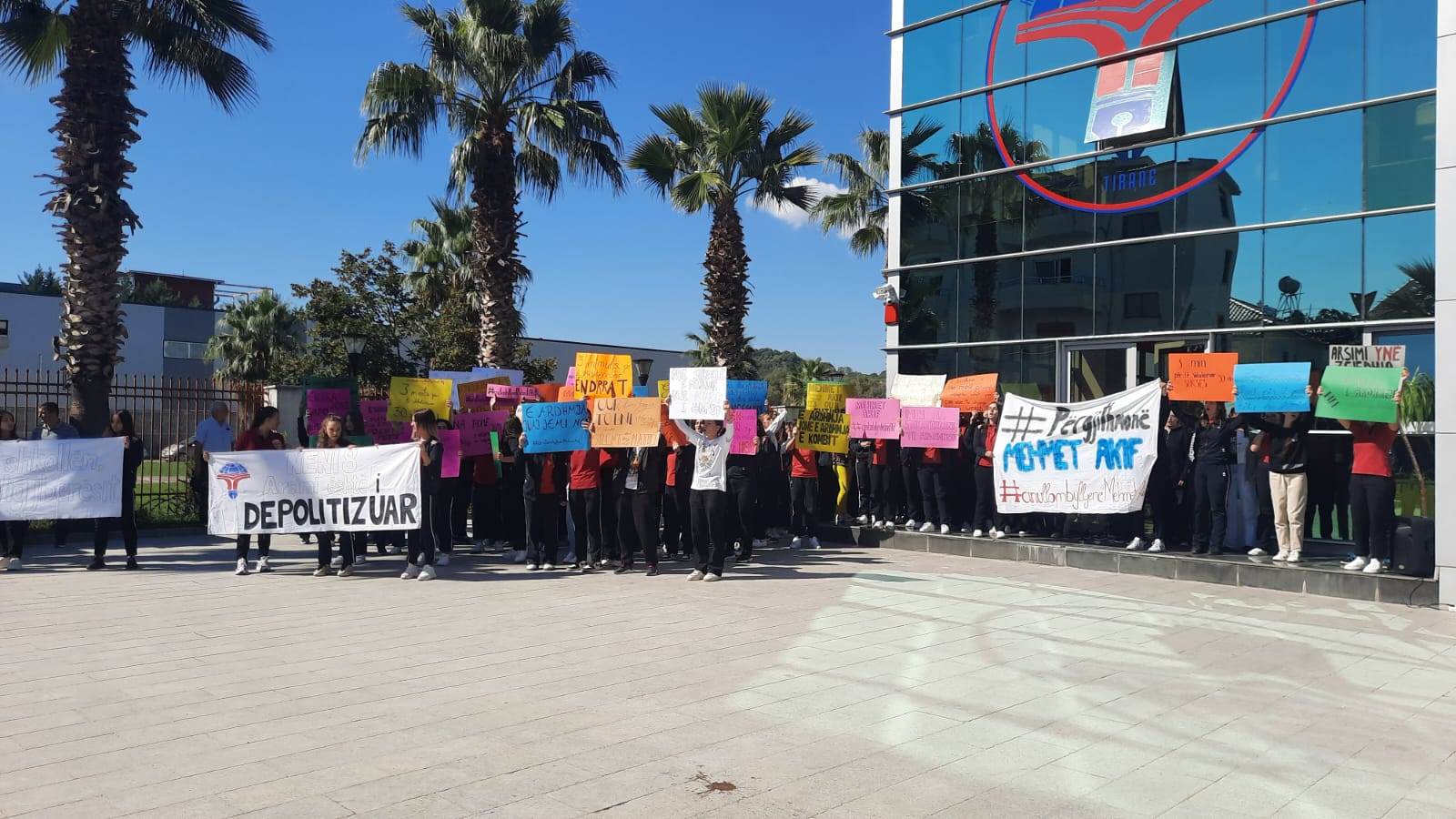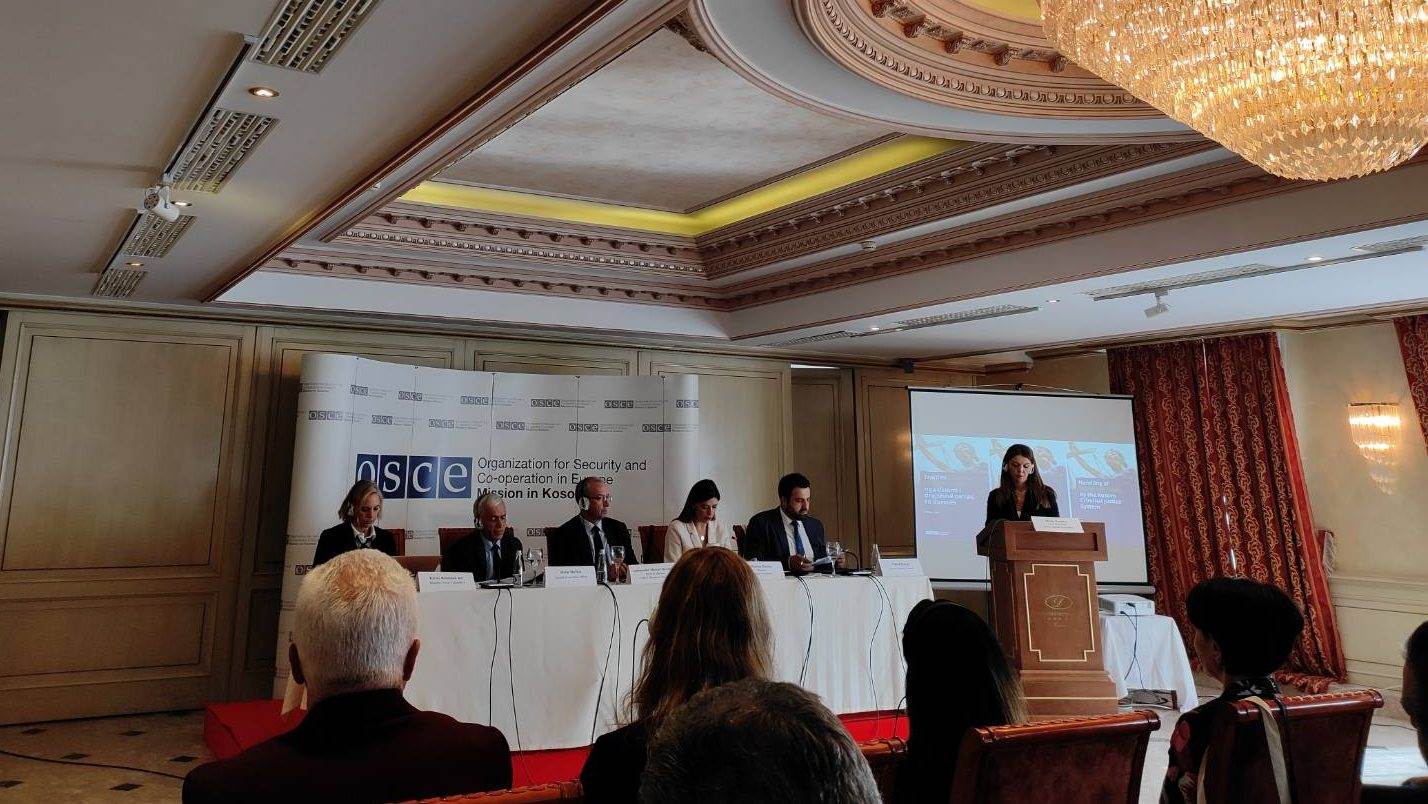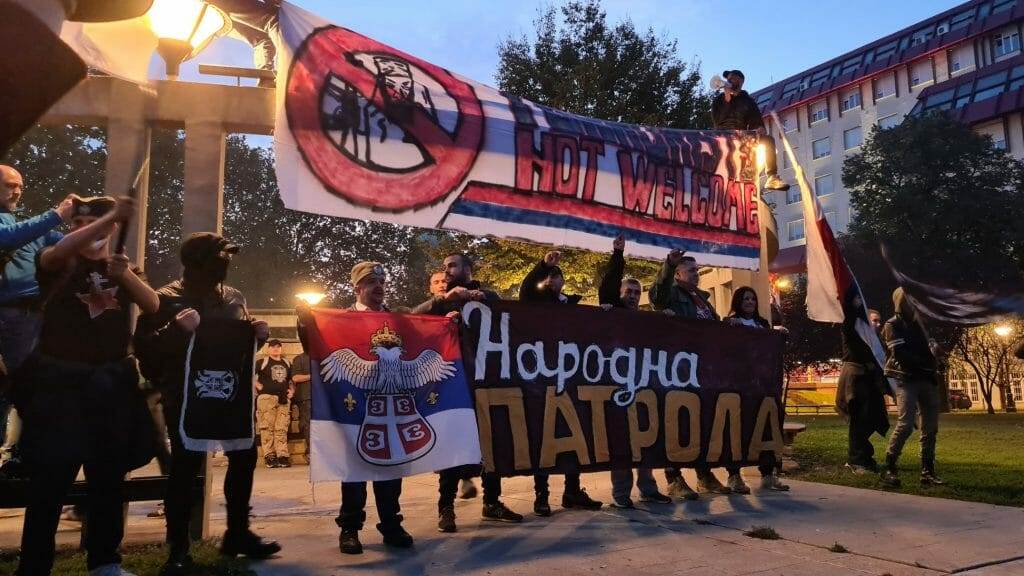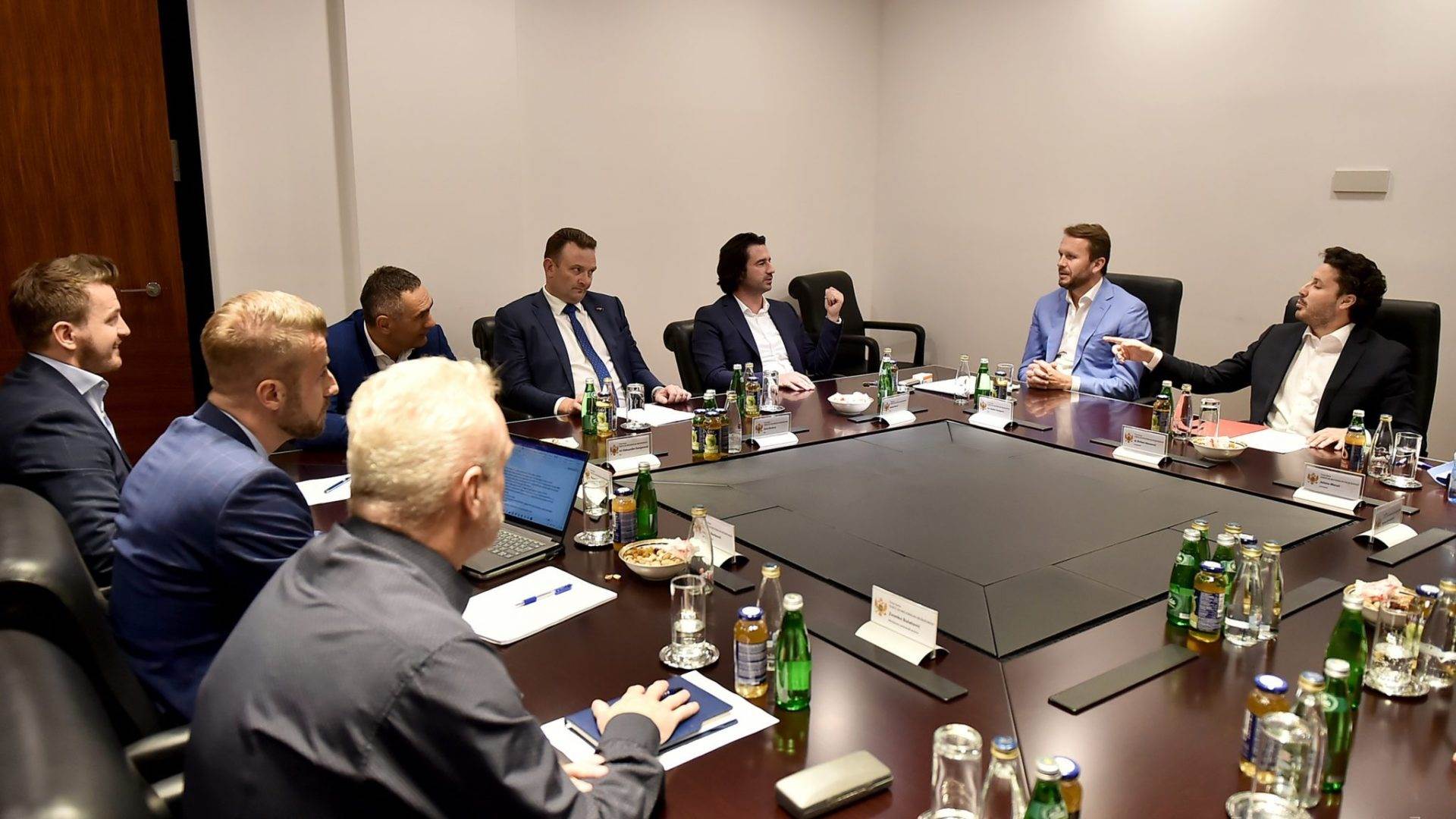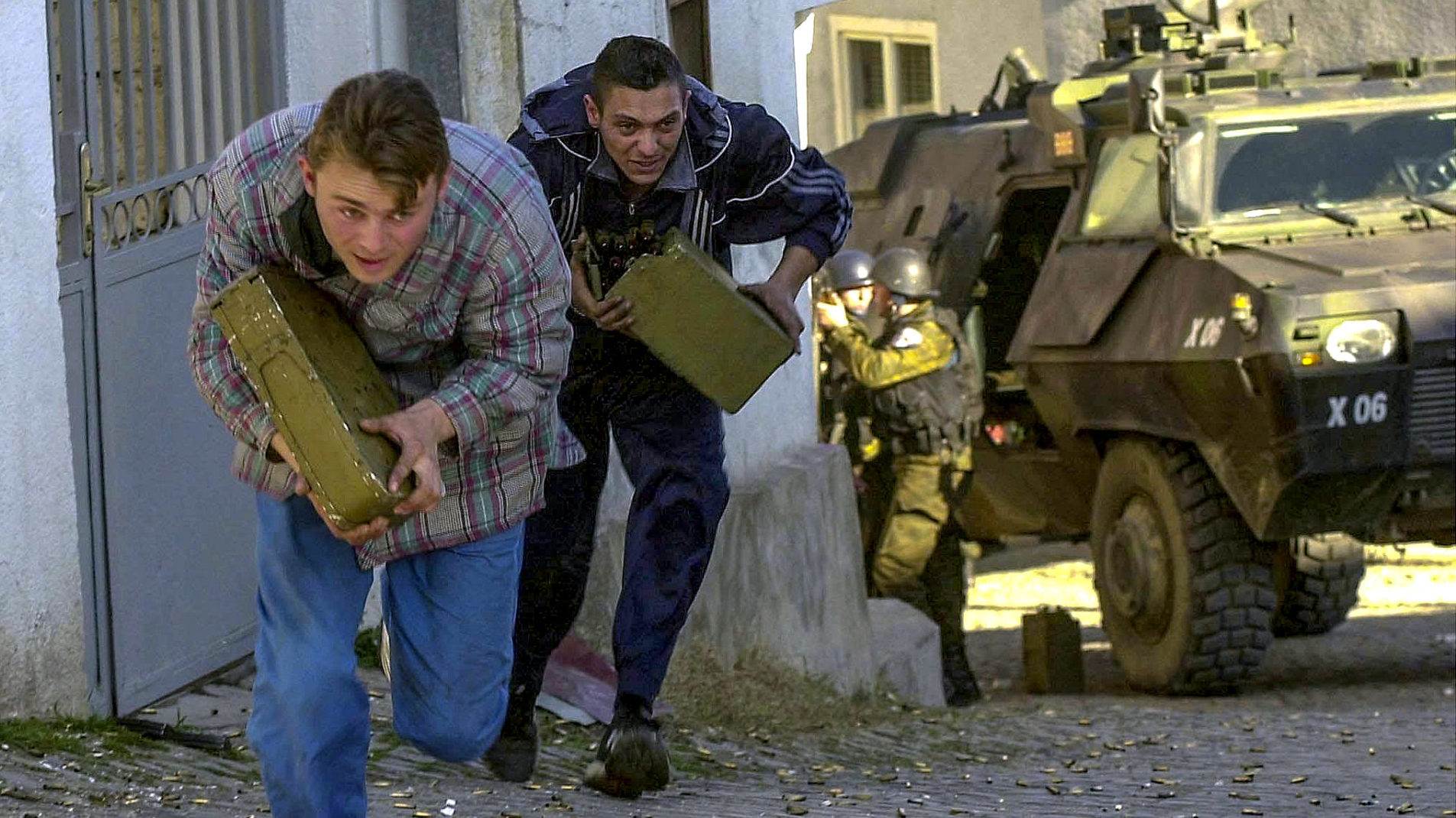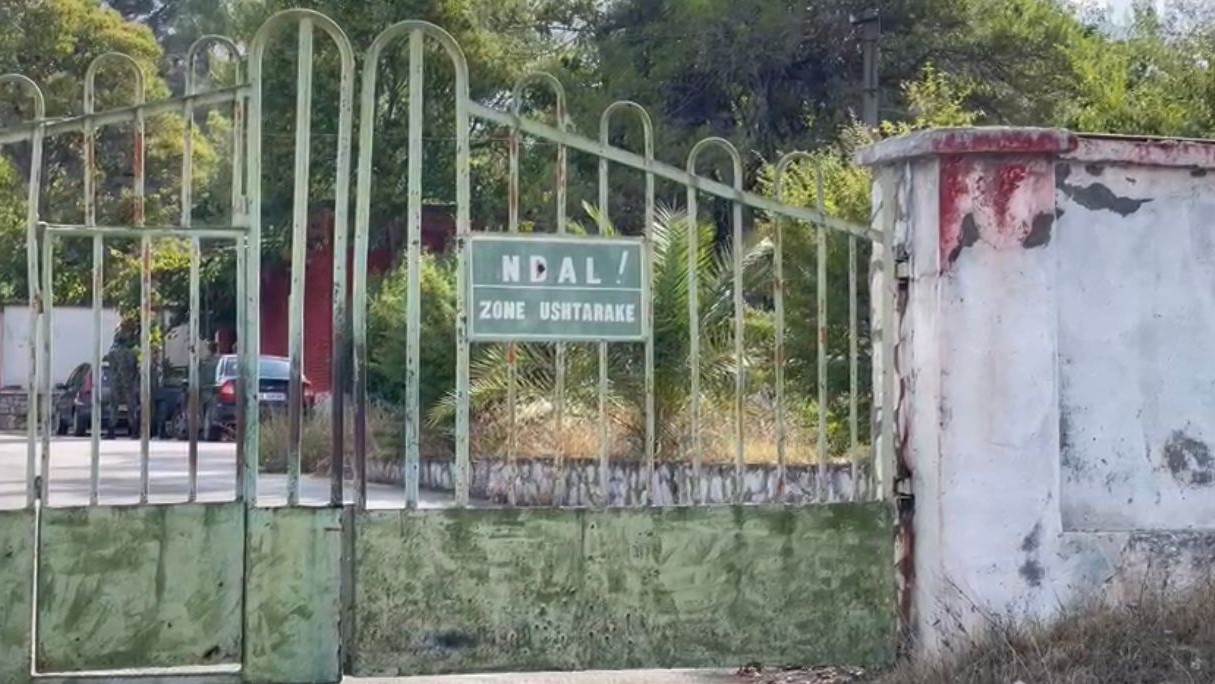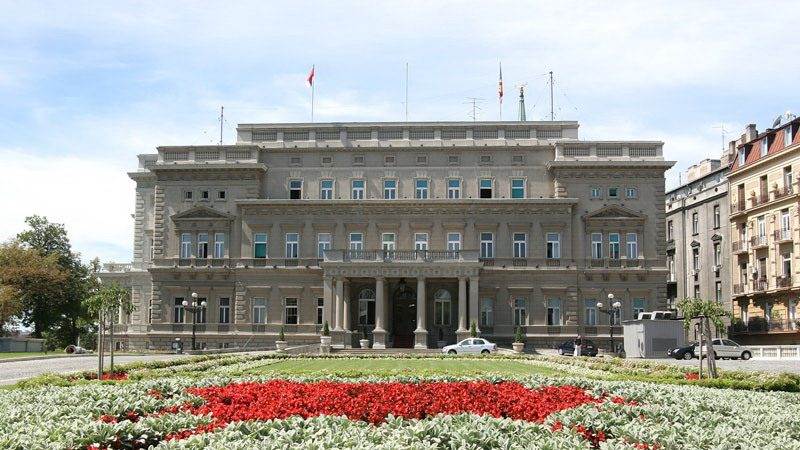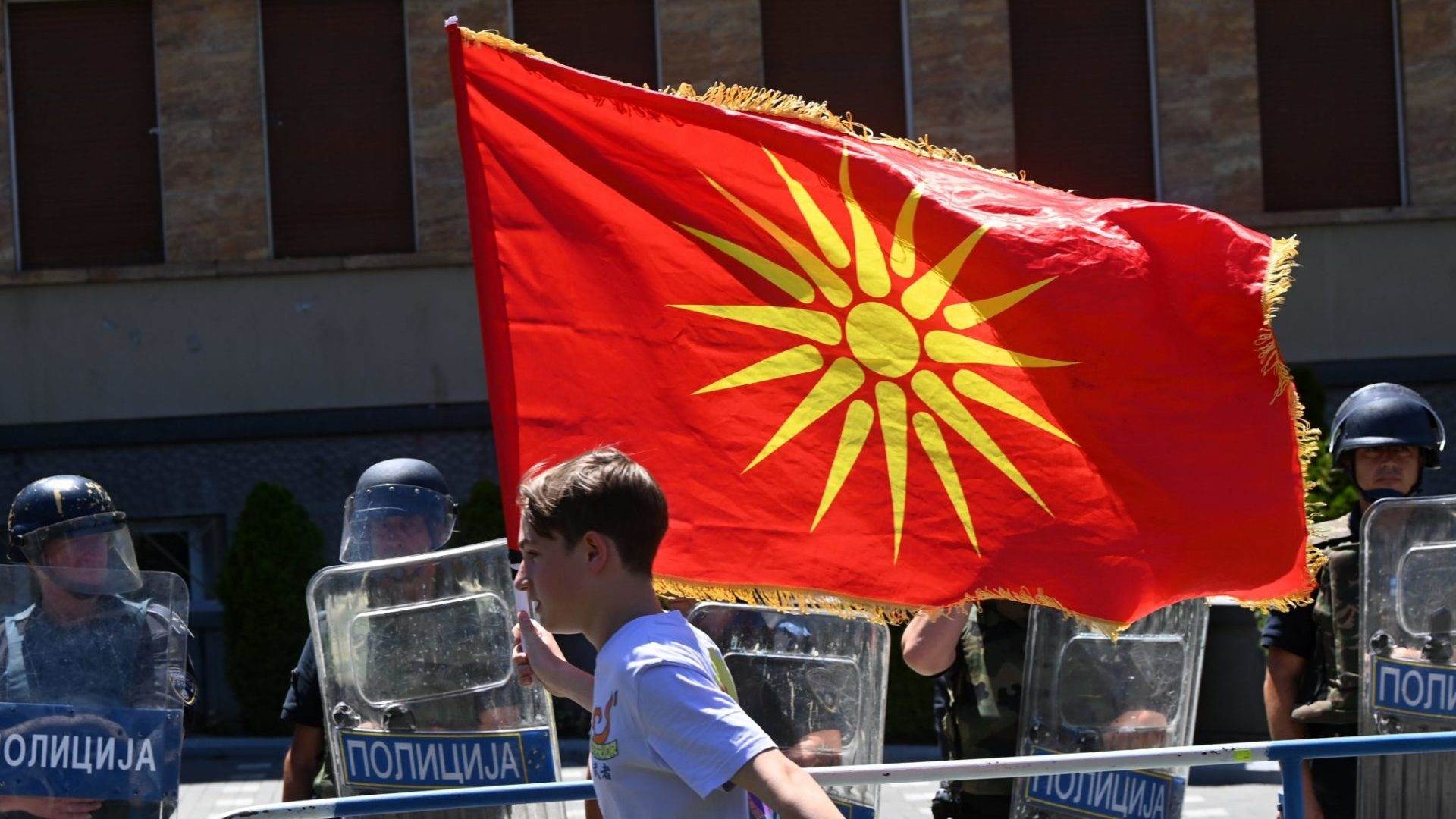Hackers on Monday leaked new information from Albanian police files on 'suspected' people – which opposition leader Sali Berisha described as a worrying development for European security.
Protesters link Albanian government decision to shut down a well-known Gulen-affiliated college to demands coming from the Turkish President.
A new OSCE report says financing of terrorism cases are ‘under-prosecuted’ in Kosovo and lack operational oversight.
Right-wing groups urge people to prepare for protests this Saturday, saying they fear the EuroPride march may still take place – despite Tuesday’s police ban.
Minister of Public Administration warns that organized cyber attacks on Montenegrin government servers are continuing, while speculation continues about the organizers of these attacks and their motives.
In the fourth of BIRN’s Balkan war photographer series, Gjorgi Licovski tells the story of his picture of two boys carrying ammunition to security forces, encapsulating the chaos of conflict...
The Albanian authorities are investigating two Russians and one Ukrainian for allegedly gathering secret military information and the possession of non-lethal weapons after they were detained while entering an arms...
Svetozar Andric, a wartime Bosnian Serb Army brigade commander who has been accused of expelling Bosniaks from the town of Zvornik, was elected as a member of the Belgrade City...
Far-right groups in North Macedonia are embracing podcasts as a new means of spreading the word.


